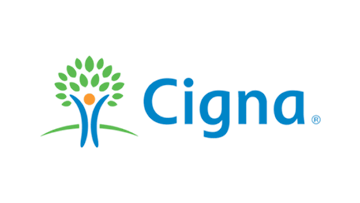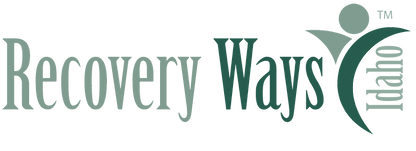
Aftercare
Aftercare is a crucial aspect of the treatment process for individuals with mental health disorders. It refers to the ongoing support and resources provided to individuals after completing an initial treatment program. Aftercare helps individuals maintain their progress and prevent relapse by providing them with continued guidance, therapy, and support.
We at Recovery Ways Idaho understand how important aftercare is for long-term recovery. Our experienced team is waiting to help you or a loved one today.
What is Aftercare?
Aftercare refers to the ongoing support and resources provided to individuals after completing an initial program for mental health treatment or co-occuring disorders. This can include various forms of therapy, support groups, or transitional living arrangements. Aftercare is essential in maintaining progress and preventing relapse, as it offers continued guidance, accountability, and support as individuals adjust to life after treatment. It serves as a safety net for those in recovery and helps promote long-term success in managing their process disorder.
We at Recovery Ways Idaho understand the critical role that aftercare plays in the treatment journey and offers various options to support our clients even after they complete our program.
How Does Aftercare Help?
Aftercare plays a vital role in preventing relapse for individuals in recovery from mental health treatment. It provides ongoing support, guidance, and accountability to help individuals maintain their progress and stay on track with their recovery goals. By continuing therapy and participating in support groups or sober living arrangements, individuals can strengthen their coping skills, manage triggers or cravings, and receive encouragement from others who understand their struggles. Aftercare also helps individuals identify potential warning signs of relapse and develop strategies to prevent it from happening.
At Recovery Ways Idaho, we offer personalized aftercare plans tailored to each individual’s needs to ensure the best chances of long-term success in managing their process disorder. Our team is dedicated to helping our clients achieve lasting recovery and thrive in their lives beyond treatment.
Disorders We Specialize In
We specialize in providing life changing solutions. Our team is made up of experienced professionals who are dedicated to helping people with recovery and self-improvement. Our services range from therapy sessions to aftercare support, all designed to help individuals address their personal challenges and reach their full potential.
Mental Health Disorders We Treat
healing your mind, body and soul
At Recovery Ways Idaho, our outpatient programs are designed to heal the whole person and address all aspects of their well-being. We help address any underlying mental health issues, trauma, and other factors that may contribute to struggles with process addictions.
Our partial hospitalization program (PHP), intensive outpatient program (IOP), and outpatient program (OP) all incorporate various evidence-based therapies to help individuals heal from the inside out.
meet our team
Working Professionals
Our outpatient programs are designed to provide support and treatment for working professionals who may be balancing their recovery journey with work commitments.

Counseling for Under 18
We understand the unique challenges and needs of younger individuals struggling with addiction and mental health disorders, and our programs are tailored to meet those specific needs.

Balanced Recovery
A balanced recovery refers to achieving and maintaining a healthy balance in all aspects of life while in treatment. This includes physical, emotional, social, and spiritual well-being. We prioritize self-care and setting boundaries to maintain inner peace and prevent burnout.
Verify Your Insurance With Us
Freeing yourself from Addiction doesn't have to be hard. Take the first Step and begin filling out the form, it's the initial phase in achieving a healthy recovery. We offer the necessary guidance and professional care crucial during the early treatment stages.













